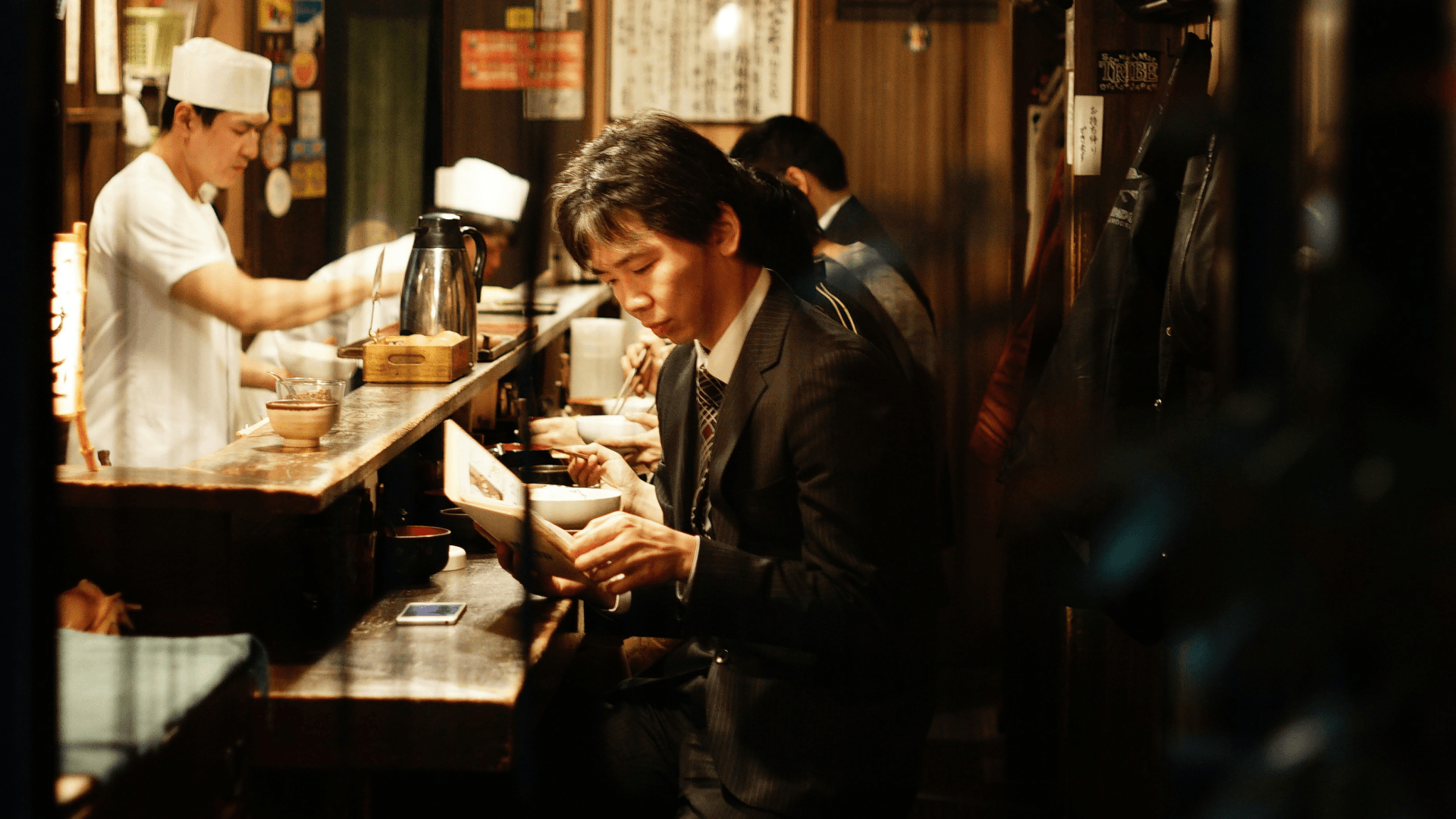
Articles
Articles
A global powerhouse
The bustling capital of Japan houses around 14 million people, 11% of the country's entire population, inside its dense urban landscape. Shinjuku station is Tokyo’s transportation hub and holds the Guinness World Record as the busiest train station in the world, serving over 3.6 million passengers each day. Tokyo, a global economic powerhouse with one of the largest GDPs as a city in the world, ranks 3rd overall in City Brand Barometer 2023.
Losing the 'lost decades'
This year, Tokyo ranks 4th in Promise amongst all 100 cities, stacking up competitively against New York City and London. The Japanese capital actively promotes its business brand and is highly regarded by a global audience. While its overall results are strong, there’s a discrepancy between Promise (perception) and Delivery (reality). In 2022, Japan’s Fortune Global 500 companies contributed to 6.8% of the global total revenue. This is far behind figures from the US and China, whose companies generated 31.8% and 27.5%, respectively. In the mid-90s, the combined revenue of Japan’s Global 500 companies outperformed other major markets in the world; years since then have been famously dubbed as ‘the lost decades.’
Given that the country has declined in global financial prominence, it seems that Tokyo’s popularity is reliant on legacy or cultural assets – after all, the city won 1st place as the strongest tourism brand in last year’s report. If this is the case, Tokyo risks losing relevance as a competitive business brand in the long run. To build a brand that works for the future, Tokyo has the opportunity to reassess how it can fulfil emerging global needs and fine-tune its strategic direction. This will help articulate a Promise that guides all actions and communications of the city, unified under the same goal of becoming a thriving place for business.
Talent & workforce, keys for the future
Tokyo struggled with its Experience score, ranking 42nd out of 100. On top of the nation’s economic stagnation and low GDP per capita (which pushed down all Japanese cities’ scores in this category), Tokyo did not score well in quality of life. This is largely due to the high cost of living, although it’s worth noting that the recent weakening of the Japanese yen has alleviated the situation for those spending US dollars and other major currencies. Moving forward, Tokyo has major opportunities at hand by leveraging the weak yen and accelerating foreign investment. Meanwhile, it mustn't overlook another key aspect of Experience: its talent and workforce. Creating an attractive education and work environment for both the domestic and international audiences, while differentiating from strong contenders like Singapore would help Tokyo improve its Experience.
Unrivalled delivery in infrastructure
This year, all five Japanese cities excelled in Delivery. Among them, Tokyo performed the strongest, taking the top spot in the category. It was also consistent in its performance across all factors that were evaluated for this score. This means that Japan’s capital has some of the best quality infrastructure, technology and global connectivity in the world to foster innovation and entrepreneurship. This is a huge achievement that reflects the city’s dedication and diligence. With a top-class international airport only 30 minutes from central Tokyo by train and a comprehensive rail system boasting the world's highest level of service, the city offers efficient transportation for its residents and visitors alike. The city was also recognised for its strength in R&D and innovation in areas such as robotics. The next step for Tokyo to continue advances spurred by the pandemic is to go even further in its efforts in digitalisation.
Excellence acknowledged, economic challenges still ahead
With world-class infrastructure and technology together with a unique, thriving culture, there’s no question that Tokyo is a global favourite with a powerful city brand. Meanwhile, its ongoing struggle for economic competitiveness could mean a shift in global perception in the coming years. Applying the Japanese work ethos of incremental improvement, Tokyo has the opportunity to refine its brand strategy so that it becomes an effective tool to keep attracting talent, investors and businesses.
Tokyo from the inside out: Comments from our local partner, Original, Inc.
Tokyo's success in Delivery is understandable given the substantial investments in infrastructure and urban redevelopments. However, its strength in Promise likely derives from legacy rather than the city’s capability for constant innovation. Since the burst of the economic bubble three decades ago, Japanese firms have seldom stolen the global limelight, especially in emerging industries like AI and semiconductors. We also do not have market leaders like Elon Musk whose voices and actions impact society on a global scale. It’s time for Tokyo to abandon its time machine style of bringing in what has been successful abroad. To position itself as a pertinent player on the world stage, Tokyo must strategically assess global needs and communicate its unique offering.
